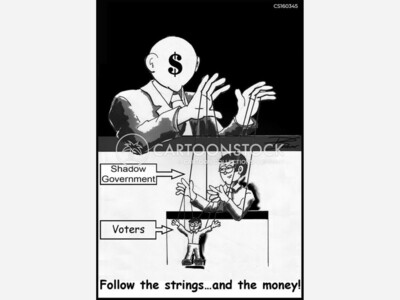On April 9th, 1866 the 39th Congress enacted the Civil Rights Act of 1866. After having been vetoed by Democrat president Johnson, it was subsequently passed by a 2/3 majority in both the house and the senate.
The act declared in it's first section; that all people born in the United States who are not subject to any foreign power are entitled to be citizens, without regard to race, color, or previous condition of slavery or involuntary servitude.
To ensure that the act could not easily be repealed, the same congress, just a couple months later, proposed the act as the 14th amendment to the constitution.
The rewording of the first sentence from "not subject to any foreign power" to "Subject to the jurisdiction of the United States" was intended to add clarity without changing the meaning or intent. That intent was SOLELY to provide citizenship to former slaves, which before this act were PROPERTY of U.S. citizens. Having been PROPERTY of U.S. citizens they were wholly under the Jurisdiction of the United States and not subject to any foreign claims.
Since that time many have misread the amendment as saying people within the jurisdiction of the United States, meaning anyone born on U.S. soil.
Even with a green card or visa, a person in the United States form a foreign country is still under the jurisdiction of their home country, and therefore any child born to them, even on U.S. soil, is a citizen of their home country, not the U.S.
This is not a complex matter, both the text and the intent are clear, only children born to U.S. citizens, or permanent resident aliens are citizens of the United States.
All others must go through the process of naturalization.
While the subject of birthright citizenship has been before federal judges in the past, I believe this is the first time it has been before the Supreme Court. The SCOTUS need not, and should not look at lower court rulings because this is not an appeal of any of those rulings.
The plain text meaning and documented intent are clear. President Trump's EO could've demanded a stripping of all citizenship's granted under the act and amendment that did not fit the narrow scope for which it was intended. That would not be an ex-post-facto law, because he has not issued a law, merely a clarification and enforcement of a law that has been on the books for over 150 years.













